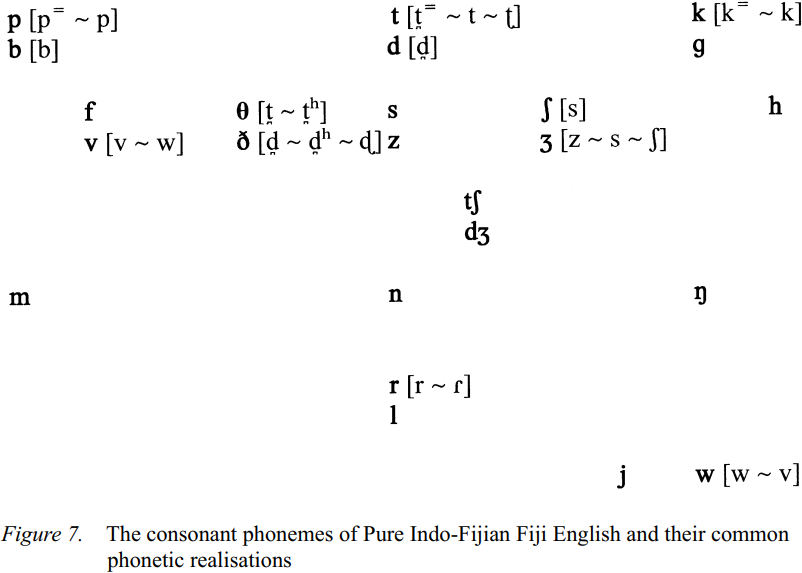

Grammar


Tenses


Present

Present Simple

Present Continuous

Present Perfect

Present Perfect Continuous


Past

Past Continuous

Past Perfect

Past Perfect Continuous

Past Simple


Future

Future Simple

Future Continuous

Future Perfect

Future Perfect Continuous

Passive and Active


Parts Of Speech


Nouns

Countable and uncountable nouns

Verbal nouns

Singular and Plural nouns

Proper nouns

Nouns gender

Nouns definition

Concrete nouns

Abstract nouns

Common nouns

Collective nouns

Definition Of Nouns


Verbs

Stative and dynamic verbs

Finite and nonfinite verbs

To be verbs

Transitive and intransitive verbs

Auxiliary verbs

Modal verbs

Regular and irregular verbs

Action verbs


Adverbs

Relative adverbs

Interrogative adverbs

Adverbs of time

Adverbs of place

Adverbs of reason

Adverbs of quantity

Adverbs of manner

Adverbs of frequency

Adverbs of affirmation


Adjectives

Quantitative adjective

Proper adjective

Possessive adjective

Numeral adjective

Interrogative adjective

Distributive adjective

Descriptive adjective

Demonstrative adjective


Pronouns

Subject pronoun

Relative pronoun

Reflexive pronoun

Reciprocal pronoun

Possessive pronoun

Personal pronoun

Interrogative pronoun

Indefinite pronoun

Emphatic pronoun

Distributive pronoun

Demonstrative pronoun


Pre Position


Preposition by function

Time preposition

Reason preposition

Possession preposition

Place preposition

Phrases preposition

Origin preposition

Measure preposition

Direction preposition

Contrast preposition

Agent preposition


Preposition by construction

Simple preposition

Phrase preposition

Double preposition

Compound preposition


Conjunctions

Subordinating conjunction

Correlative conjunction

Coordinating conjunction

Conjunctive adverbs


Interjections

Express calling interjection


Grammar Rules

Preference

Requests and offers

wishes

Be used to

Some and any

Could have done

Describing people

Giving advices

Possession

Comparative and superlative

Giving Reason

Making Suggestions

Apologizing

Forming questions

Since and for

Directions

Obligation

Adverbials

invitation

Articles

Imaginary condition

Zero conditional

First conditional

Second conditional

Third conditional

Reported speech


Linguistics

Phonetics

Phonology


Semantics


Pragmatics

Linguistics fields

Syntax

Morphology

Semantics

pragmatics

History

Writing

Grammar

Phonetics and Phonology

Semiotics


Reading Comprehension

Elementary

Intermediate

Advanced


Teaching Methods

Teaching Strategies
Consonant clusters
المؤلف:
Jan Tent and France Mugler
المصدر:
A Handbook Of Varieties Of English Phonology
الجزء والصفحة:
767-42
2024-05-03
944
Consonant clusters
1. The Pure Fiji English of Indo-Fijian speakers, like that of Fijians, allows few consonant clusters, especially in final position e.g. last > [las], although /ks/ does frequently occur, especially in [aks] for ask, also as in Fijian English.
2. Consonant clusters, both initial and final, quite commonly receive an epenthetic vowel in Pure Indo-Fijian English, e.g. free > [fari], plate > [pilet], film > [filam], blouse > [bilaus], pliers > [pilaias], etc. Epenthetic vowels are particularly common in older English loans that have been fully nativised in Fiji Hindi, e.g. farāk < ‘frock’, gilās < ‘glass’, kulubāl < ‘crowbar’ (Siegel 1991); however, this tendency is not as strong nowadays.
The regular past tense morpheme {-ed} sometimes receives an [εd] pronunciation when in Standard English it is rendered as [d] or [t], e.g. robbed > [rɔbεd] , asked [askεd], learned (verb) > [lεnεd]. However, this is probably due to a spelling pronunciation.
3. Word initial /s+C/ clusters typically have a syllable initial prothetic /i/, e.g. school > [iskul], foolscaps > [fuliskeps], student > [istudent], sport > [ispot], etc. This is clearly an influence of the first language since Hindi (both standard and Fiji varieties) does not allow such initial consonant clusters. Fiji Hindi has also nativised English loans with a prothetic vowel, e.g. astabal < ‘stable’, isTimā < ‘steamer’ (Siegel 1991).
The consonant phonemes of Pure Indo-Fijian Fiji English and their most common phonetic realizations are shown in Figure 7.

 الاكثر قراءة في Phonology
الاكثر قراءة في Phonology
 اخر الاخبار
اخر الاخبار
اخبار العتبة العباسية المقدسة

الآخبار الصحية















 (نوافذ).. إصدار أدبي يوثق القصص الفائزة في مسابقة الإمام العسكري (عليه السلام)
(نوافذ).. إصدار أدبي يوثق القصص الفائزة في مسابقة الإمام العسكري (عليه السلام) قسم الشؤون الفكرية يصدر مجموعة قصصية بعنوان (قلوب بلا مأوى)
قسم الشؤون الفكرية يصدر مجموعة قصصية بعنوان (قلوب بلا مأوى) قسم الشؤون الفكرية يصدر مجموعة قصصية بعنوان (قلوب بلا مأوى)
قسم الشؤون الفكرية يصدر مجموعة قصصية بعنوان (قلوب بلا مأوى)


















